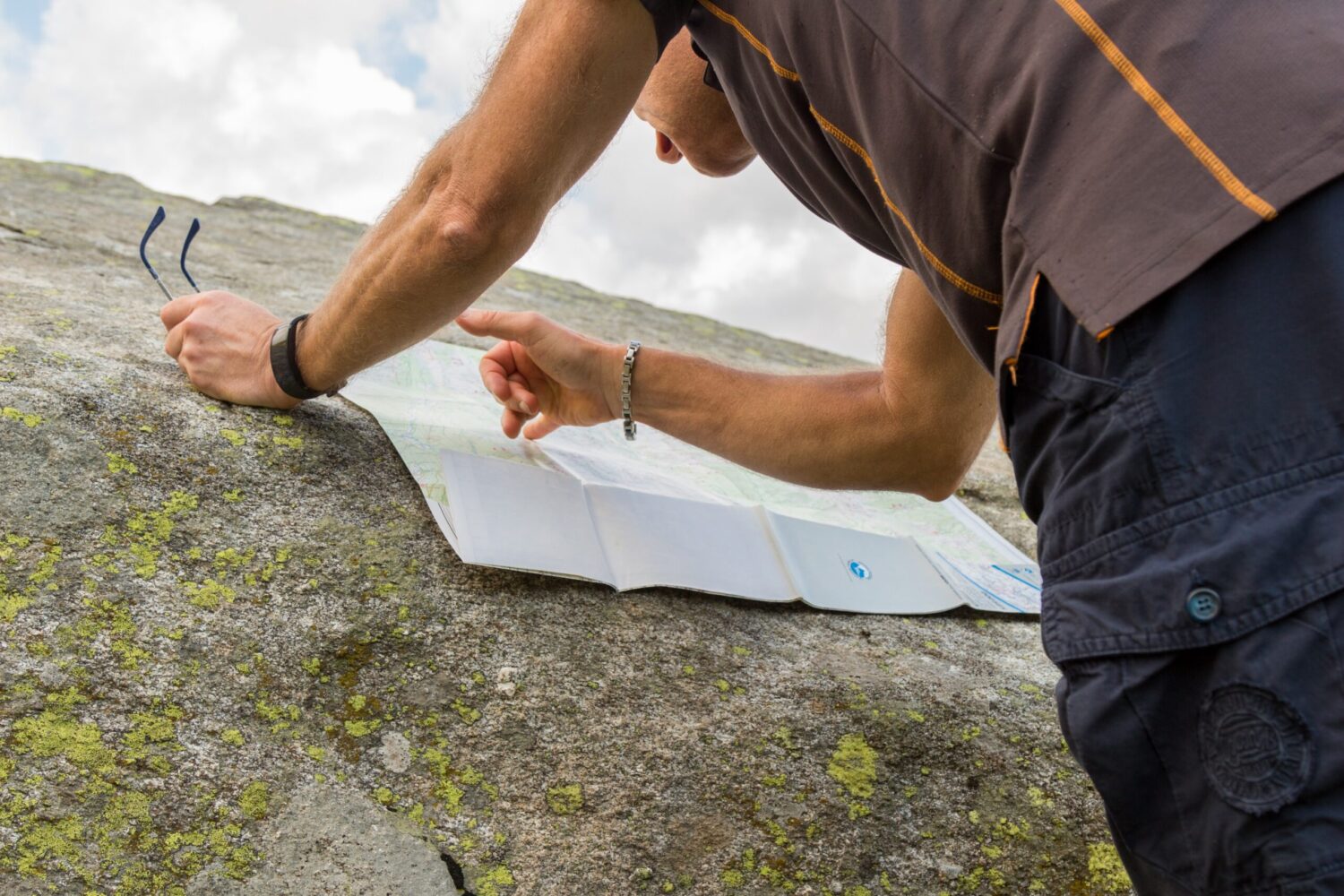Next generation surveillance of biogas plants using AI – for improved efficiency and resource utlisation

Increased biogas production, e.g. more biogas plants as well as increased production efficiency per plant, is clearly an important approach to reach Sweden’s environmental and climate targets and a fossil free transport sector.
In this context, a microbiological surveillance has immense potential in management and optimisation of biogas processes, coupled with traditional process monitoring parameters. Our recent previously developed novel model for surveillance of biogas plants shows promising results for indicating process imbalance and can represent a valuable tool for process operation.
To reach the stage of application we propose that this method should be further developed and refined by using extensive long-term surveillance of different types of biogas plants. Data from such surveillance will further be used to develop
- deep machine-learning models, to be used for the early warning of process instability, and
- rapid on-site community profiling assay.

Anna Schnürer
Swedish University of Agricultural Sciences (SLU)

anna.schnurer@slu.se
Project information
Participants
SLU
Gasum AB
HZI Jönköping Biogas AB
Scandinavian Biogas Fuels AB
St1 Sverige AB
Uppsala Vatten och Avfall AB
Tekniska verken i Linköping AB
Örebro University
Time schedule
January 2023 - December 2025
Total cost of project
7 459 245 SEK
Swedish Energy Agency project number
2022-00552
More projects

An insects biorefinery approach as a strategy to unlock the nutritional and energy potential in co-located lignocellulosic industrial side streams (UNLOCK)
The UNLOCK project aims to meet the EU’s Renewable Energby Directive (RED) II by transforming Brewer’s Spent Grain (BSG) into advanced biofuels…
Manager: Paul Christakopoulos
Ongoing

Trading fossil and biogenic carbon emissions: Assessments of substitution effects for different value chains
The project takes a holistic perspective on the assessment of the important substitution factors that indicate the climate benefits of replacing emission-intensive…
Manager: Robert Lundmark
Ongoing

The potential of a bio-based concrete “ink” for sustainable 3D printing: review and perspectives
The Swedish Government’s Climate Action Plan 2019 underlines the need for creating a common understanding about the transition to bioeconomy and knowledge…
Manager: Magdalena Rajczakowska
Ongoing


